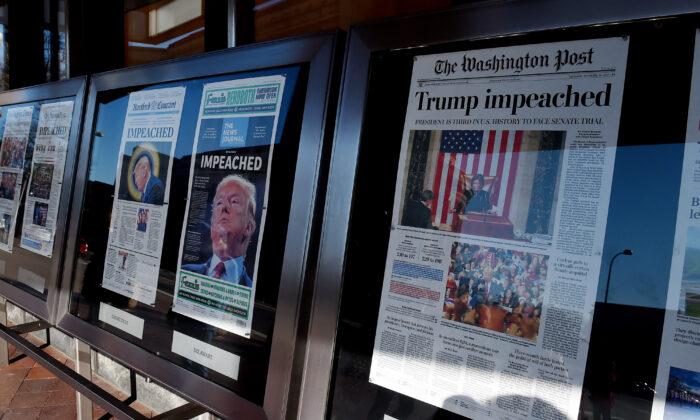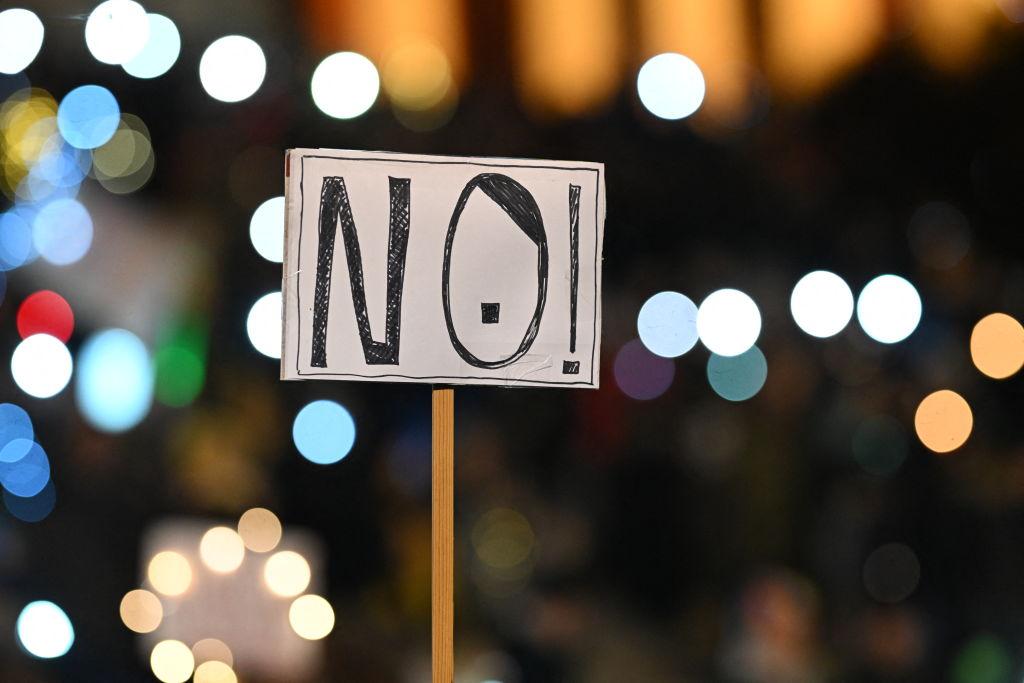Ever since Donald Trump declared for the presidency, the mainstream media—apparently to protect us and themselves from the dreaded Donald (even though his candidacy and presidency were enriching many of them as never before)—have given themselves permission to lie about and/or distort and/or exaggerate almost everything they say about the president.
We all know why this has happened, but how does it work? It’s not that complicated. Shakespeare spoke of the “lie circumstantial” and the “lie direct” in Touchstone’s magnificent speech in “As You Like It,” but a more contemporary version might be the “lie iPhoned” or more simply “the leak.”
The leak is the mother of most of today’s journalistic malfeasance, especially for anything political, and why the public, according to so many polls, has little respect for the press.
It’s been a pattern for years. Someone on the inside of wherever (the State Department, the FBI, the CIA, the Pentagon, the White House ...) or someone who knows someone inside or knows someone who knows someone inside or ... (well, you get the picture) calls their favorite reporter—someone who has been cultivated, sometimes for years in a symbiotic relationship—to convey information he/she (the leaker) deems important.
If all these boxes are checked, and especially if the ox that gets gored is Donald Trump or someone close to him, even remotely, step two occurs. Corroborating evidence is sought from other sources.
As with the first step, these sources will almost always be anonymous and referred to in the text as “a source close to ...” (whatever or whoever it is) or “someone in a position to know ...” and so forth.
Most newspapers supposedly require a certain number of these corroborating sources before they run an article, but who knows if they really do, because they are ... anonymous?
Nevertheless, this is the essence of the bulk of modern political journalism—a far cry from the police blotter of yore or the “who, what, why, when, where, and how” of the pre-Watergate days. Journalism then was not so high and mighty, and you could still pick up a newspaper with at least some certainty that you weren’t about to be propagandized.
Isn’t it time we went back to those old days for the new year?
What about a resolution never to run an article based on or even containing anonymous sources?
Plenty of other possible resolutions exist for the errant journalistic class, but at least that’s a start. One step at a time, as they say. Unwinding this situation won’t be easy. We’re all biased humans, after all. But if some of us try, others may follow.
Happy New Year.






Friends Read Free